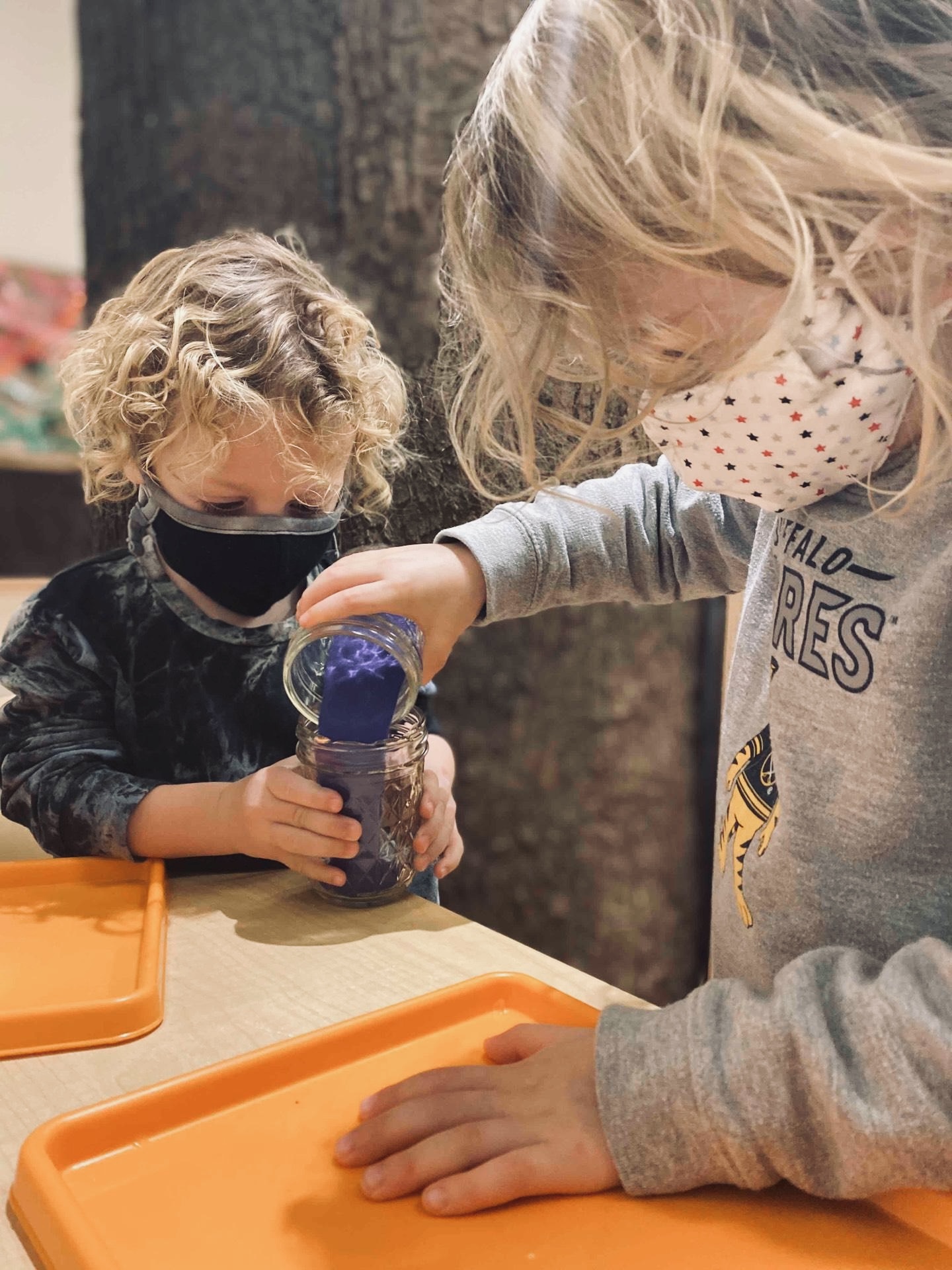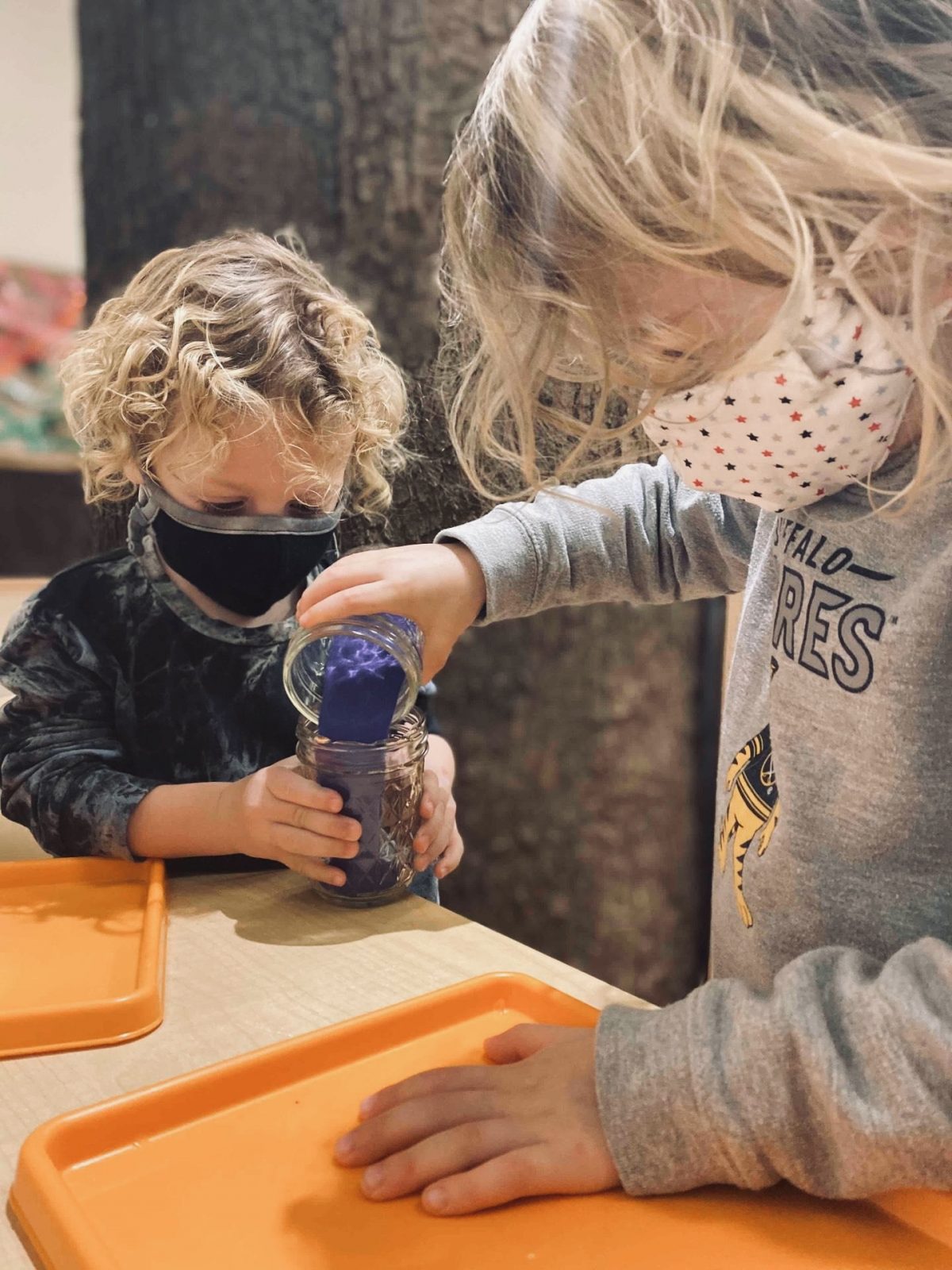Child care was a big challenge for families long before Covid-19. It was–and still is–hard for parents to find high-quality, affordable options with space for their children. Despite child care challenges being a top reason why women drop out of the workforce, this whopping $53 billion industry in the United States has flown under the radar. But change will not be slow and incremental anymore. The pandemic has forced people to pay attention, and as a result, I expect to see massive changes to this industry over the next few years.
When people think of daycare, they often frame the value of the service in terms of the value to parents and their ability to work. The global pandemic has taught us that there are many other stakeholders in this equation, not the least of which are children. As it turns out, the value of daycare to kids has little to do with the employment status of their parents and everything to do with how young children learn.
Young children learn through having supportive relationships and interactions with others — family members, caregivers, peers, and community members. Early care or preschool is an opportunity for stimulation, social emotional learning, and development. These real life serve and return interactions are critical for the developing brain. High quality care–care that creates more serve and interactions–promotes healthy brain development. Early education is something that should be available to all children, regardless of the income or employment status of their parents.
The good news is that there is a newfound respect for the care and early education our youngest members are receiving. During the pandemic, parents saw firsthand that child care was not just a place to watch their kids. As virtual substitutes popped up for just about every other aspect of our lives, there was no substitute for the physical in-person interactions between young children and other children and caregivers.
This realization that early care is also education is driving real change. A new measure just passed in Multnomah County, Oregon–which includes Portland–makes preschool free for all 3 and 4 year olds regardless of income. But unlike the public school model, this model utilizes private programs to fulfill this increased demand. This sets it apart from similar past efforts that only made free preschool available at special public facilities that didn’t have enough capacity or diversity in offerings to meet the needs of families.
Notably, with the Multnomah County measure, preschool teachers will be paid as educators, more than doubling their salary. I predict that over the next few years, child care providers across the board will start to see increasing wages primarily driven by increasing recognition of the value of this work.
Child care providers fortunately have been able to reopen in all states, albeit with some restrictions. At Winnie, a search platform for child care, we saw usage come back with a vengeance as cities and states opened back up. We are seeing daycare and preschool valued by our community of parents in a way it has never been before.
But parents can only pay more if they can afford more. For the last 30 years, child-care costs have grown twice as fast as overall inflation and in the majority of states, infant care costs more than a year of public college. According to the Center for American Progress, “on average, working families paying for child care spend about 40 percent more than what is considered affordable.”
Child care will become more affordable for families with increasing funding sources beyond parents. It wasn’t just parents who started really recognizing the value of this care during the pandemic. 40% of parents changed their job situation due to the pandemic, having a massive impact on employers. Employers benefit greatly when parents can access high quality care. Smart employers are beginning to subsidize this care as they understand that they get more from their employees when they do so.
Most importantly, this is now a national issue. With more federal support for early education, parents will be able to afford higher quality care. In fact, Joe Biden has made caregiving part of his platform, with an ambitious $775 billion plan. Like Multnomah county, it makes preschool universal for all children ages 3 and 4 and includes funding for the construction of new child care facilities. His plan also includes an $8,000 child care tax credit per child for families.
Child care is finally being recognized as the essential resource that it is, not just to parents, but to children. Investing in children today means investing in a functioning society and tomorrow’s adults that will steer us through the next pandemic. It’s about time.
The post The Pandemic Might Be the Best Thing to Ever Happen to the Child Care Industry appeared first on Inc..
View the article on Apple News.


